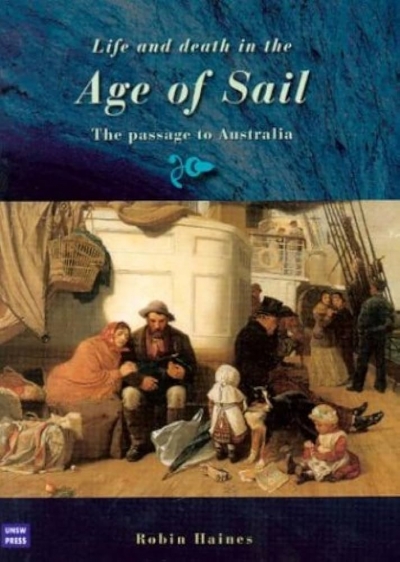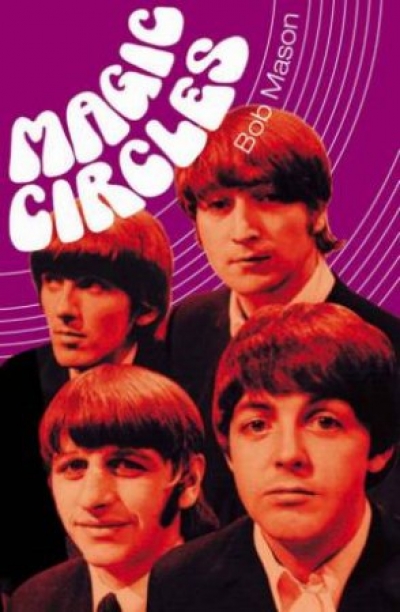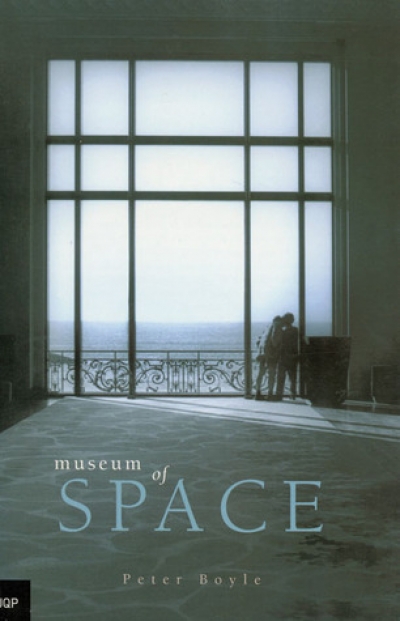Archive
Different attitudes
Dear Editor,
I am writing in response to John Biggs’s letter (ABR, June/July 2004) regarding my review of his novel, The Girl in the Golden House (ABR, April 2004). Reading Biggs’s comments on my discussion of his use of English names and idioms, I was reminded just how different our attitudes towards contemporary fiction are. We are obviously writing from different generational perspectives, with quite different expectations of what writing, especially that about ex-British colonies, should be able – or at least attempting – to do. Of course I am aware that Chinese people in Hong Kong have old-fashioned English names and have received aspects of an English education, but it was the way that Biggs wrote about and, simply, continued this colonial tradition that I felt compelled to critique. People in Hong Kong have Cantonese names and traditions as well, but Biggs’s characters lacked complexity and believability in this regard. As I suggested in my review, this was most probably not only a result of Biggs’s own cultural background but, more importantly, of his lack of awareness of some of the wider debates that currently surround the practice of Westerners writing about Asia.
... (read more)Life and Death in the Age of Sail: The passage to Australia by Robin Haines
Passion for Peace: Exercising power creatively by Stuart Rees
Place Made: Australian Print Workshop edited by Roger Butler and Anne Virgo
While we are apart I will
wear no shoes, walk barefoot
over Nevada sands, tune my heart
to 33 kilohertz, synchronise
my inner ear to terra firma, and,
While my brother milks
I return to mist drifting up the fence posts.
The night’s sheet slowly evaporating
giving in to day – already a process of action.
Cows backing off the platform
make their way up the track –
the stumps of their tails flicking at flies
they regard me with surprise.
The summer night is dangerous and deep.
I lie, dead still, aware of the tiniest sounds
Being so full of joy I cannot sleep.
The night is dangerous, so many lives.
I love my husband well. A sharp moon
Rubs the spine of the barn. Nothing moves.
(for David)
je ne sais quoi
but it is written in the sound of this melange
of consonants and vowels that a blind
old impressionist defeats Duchamp





